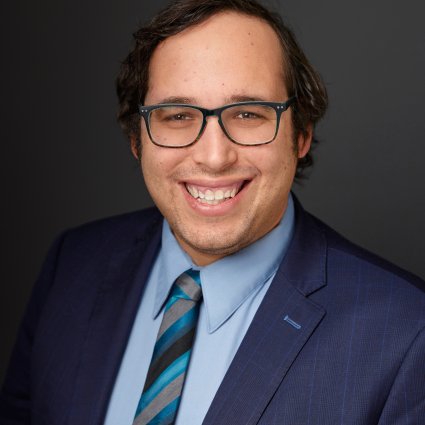Volokh v. James: Big Brother in the Big Apple: New York Law Turns Bloggers into Speech Police
Cases
Case Overview
VOLOKH V. JAMES – ORDER GRANTING PRELIMINARY INJUNCTION
New York has enacted a new law with the goal of regulating disfavored—but constitutionally protected—online speech. The law, titled “Social media networks; hateful conduct prohibited,” ostensibly targets “hateful conduct,” but in reality requires online platforms to “respond [to],” “address” and “handle” protected speech that someone, somewhere finds “humiliating” or “vilifying” toward a group based on race, color, religion, or other protected categories.
The law is both unconstitutionally overbroad—it threatens vast swaths of protected speech on the internet—and unconstitutionally vague, in that it fails to define key terms and provides platforms with little guidance on how to properly comply. The law also appears to be just the first step in further regulation of online speech—which, if adopted, would also violate the First Amendment. Speech may be hateful, insulting, or offensive, but that doesn’t mean the government can regulate it; the United States has consistently chosen “to protect even hurtful speech on public issues to ensure that we do not stifle public debate.”
On Dec. 1, 2022, FIRE sued New York’s Attorney General in federal court on behalf of Eugene Volokh, noted First Amendment scholar and co-founder of The Volokh Conspiracy blog, and online platforms Rumble and Locals, seeking to stop enforcement of New York’s unconstitutional law.
New York has appealed the preliminary injunction to the Court of Appeals for the Second Circuit, and the State filed its opening brief on June 20. On September 19, FIRE filed it's response and we expect oral argument shortly thereafter.
Case Team

Daniel Ortner
Attorney
_Jay Diaz_14675_FLAT_FINAL_MR.jpg?itok=n4b1klpQ)
Jay Diaz
Senior Attorney
_Jared Mikulski_14801_FLAT_FINAL_MR.jpg?itok=GjgVy-dW)
Jared Mikulski
Litigation Fellow
_Maia Walker_14988_FLAT_FINAL_MR.jpg?itok=M_8uSNE7)


_Joel Cannon_14885_FLAT_FINAL_MR.jpg?itok=6frIRcZp)